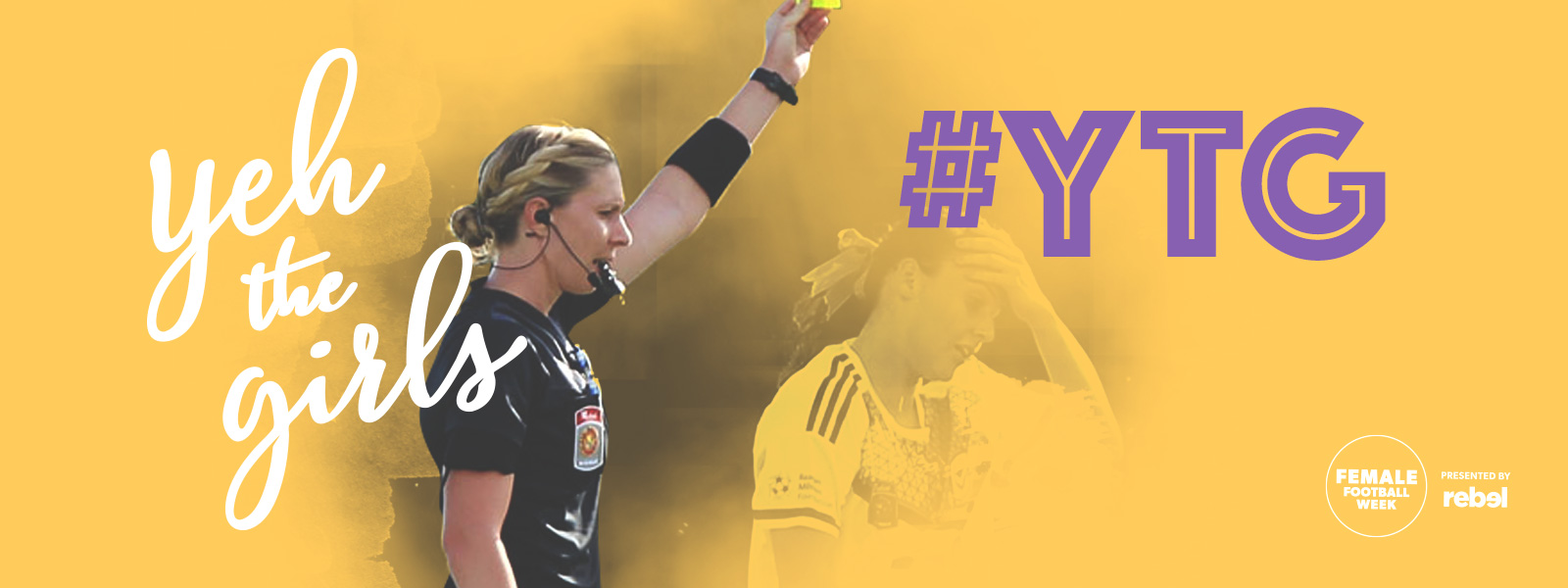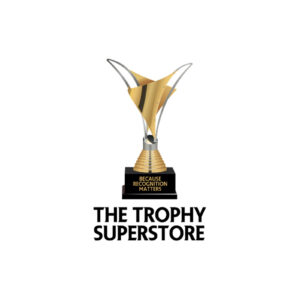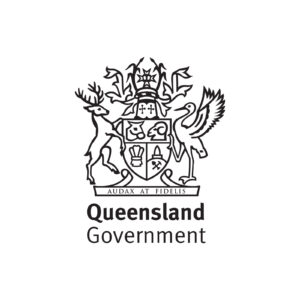Referees are at the centre of every football field and one Queenslander has made a meteoric rise from rookie ref to professional official.
Lara Lee has been a referee since the age of 22, now, at the age of 30, she is a seasoned veteran of the whistle.
Football Queensland asked Lara 10 questions to discover more about what it takes to reach the top of the game.
By Darren Lutton
1. Simple question first up, how did you become a referee?
During university I was studying to be a PE teacher and at the time I was coaching and playing football. One of my friends asked me to do the refereeing course to add to my skills as a PE teacher. I actually quite enjoyed being a part of the refereeing community so I continued to referee locally as a hobby while also taking on full time teaching.
2. Do you remember the early days with a whistle?
It was quite daunting the first time you go out. You are unsure whether you are correct in knowing what is a foul and what is normal contact? I remember my field test – it was at Redlands United. I had to referee an U12s match. Understandably, I ran as though I was going to receive the ball as a player and kept getting in the road, still do. However, as the game went on, I felt more comfortable being on the park. At the end of the match, I had the two junior coaches come talk to me about how I could improve and gave me some really constructive feedback – it was simple, yet what I needed.
3. What kept you going?
Honestly, what keeps me going are the friendships. I don’t think may people would actually continue without the people who you are surrounded by. Also, the opportunities that are available (travel to see the country and, if I am fortunate enough, travel the world) dangles a carrot that keeps us motivated to see where refereeing can take us.
4. When did you start to get recognised for your abilities?
During my field test, when the coaches were giving me feedback, they told me that I have a natural ability to understand football – I believe this came from playing from when I was in grade 2. I was asked to give my refereeing more time and attention as I could have potential to go further. I continued to
5. Often you’ll hear criticism that refs need to play to understand the game better. Do you agree? Do you think that it’s possible to be a top drawer ref without having played?
At the moment, there is a lot of discussion about football understanding. Often referees who were past players or constantly watch football – W League, A League, EPL, Champions League etc. develop an understanding of when to play advantage and give the free kick. We are always reviewing decisions to understand how we came to the decision, then analyse whether another option would have been better for the game. I believe that anyone can develop football understanding, but it is about developing an eye for what the game needs, rather than the black and white decisions.
6. What’s the difference between refereeing men’s and women’s matches?
Just like Melbourne City’s campaign, football is football. They both have tactics and that differs from team to team. I quite enjoy refereeing both as they have slightly different quirks. For example, the women tend to press the ball more frequently causing defensive errors. Whereas, the men prefer to play the ball out and challenge in the midfield.
7. What’s it like refereeing a men’s game? Has it got easier or do you get more respect these days?
Refereeing the men’s game is quick. While men seem to play the ball quicker and with more force, the concept of respect is arbitrary. Whether we referee men’s or women’s often respect if based on communication. Most of the time, players become confused and frustrated because they don’t understand why we made a certain decision. Often, I have found that if you explain the decision or communicate why, there is less frustration and more understanding.
8. Tell us about the big games.
The big games… last year was an anomaly. I was fortunate to referee: U20s International Friendly: Australia vs Canada; FFA Cup Rd 32: Peninsula Power vs Melbourne City; FFA Cup Round 16: Gold Coast City vs Moreton Bay NPL; with luck falling into my lap: Women’s International friendly: Matildas vs Brazil. Finally, I was awarded the Semi final of the W league for the 2017/18 season. If this is the height of my career, I will forever be grateful. In these games, I learnt more about football understanding – do I need to caution, or can I manage the situation; what is the expected outcome? This is the key I believe.
9. You sharing a pitch with Sam Kerr. Discuss. Do you ever get star struck or awed by the quality of the top players?
Sharing a pitch with Sam is always going to be interesting. She is able to attack the ball and score some great goals. I think sharing a pitch with some great players is more of an appreciation of their ability – how they can create entertainment. As a referee, it is more about allowing the entertainment to continue.
10. Why should someone reading this interview become a ref?
The culture in refereeing is not about getting the “big” games, it’s about becoming a better official and a better person: “Pursuit of Excellence” and “Excellent Everyday,” These two philosophies drive our attitude to be better – this is why people should sign up to be a referee.
















